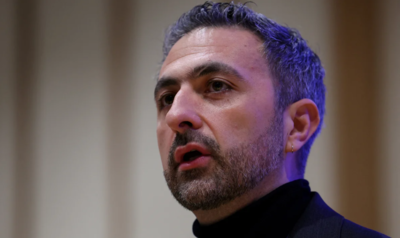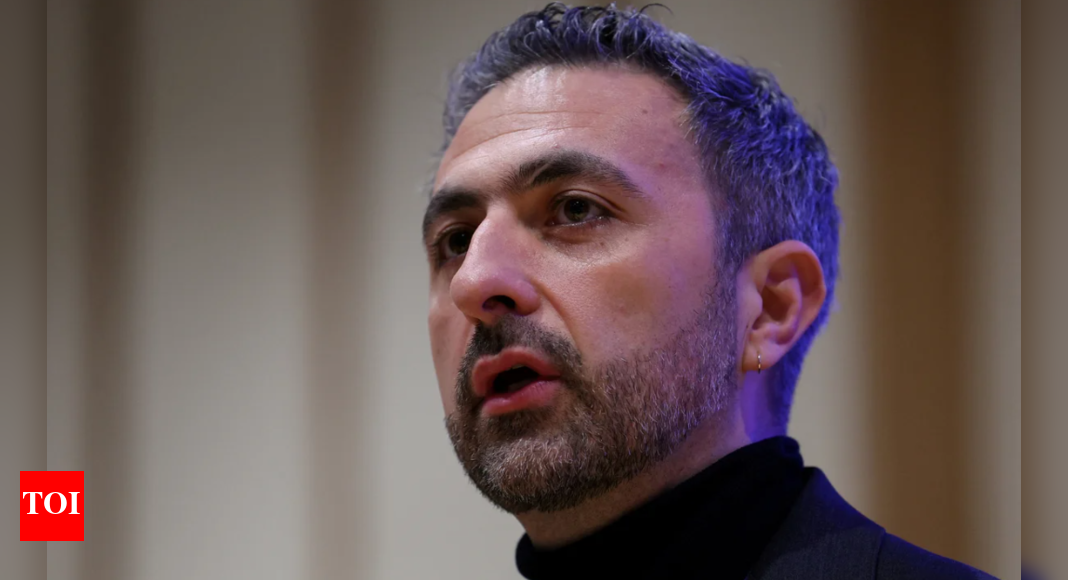 Microsoft AI CEO Mustafa Suleyman Microsoft’s AI chief Mustafa Suleyman is drawing a line in the sand as tech giants race to build superintelligent systems, declaring that raw capability must take a backseat to human control. “We can’t build superintelligence just for superintelligence’s sake,” Suleyman said, days after unveiling Microsoft’s new MAI Superintelligence Team. “It’s got to be for humanity’s sake, for a future we actually want to live in. It’s not going to be a better world if we lose control of it.”The timing is significant: Microsoft has finally achieved what Suleyman calls “AI self-sufficiency,” breaking free from contractual limits that previously capped how large a model the company could train under its landmark OpenAI partnership. That agreement had restricted Microsoft from building systems beyond a certain computing threshold, measured in FLOPS—the number of mathematical calculations an AI model performs per second.
Microsoft AI CEO Mustafa Suleyman Microsoft’s AI chief Mustafa Suleyman is drawing a line in the sand as tech giants race to build superintelligent systems, declaring that raw capability must take a backseat to human control. “We can’t build superintelligence just for superintelligence’s sake,” Suleyman said, days after unveiling Microsoft’s new MAI Superintelligence Team. “It’s got to be for humanity’s sake, for a future we actually want to live in. It’s not going to be a better world if we lose control of it.”The timing is significant: Microsoft has finally achieved what Suleyman calls “AI self-sufficiency,” breaking free from contractual limits that previously capped how large a model the company could train under its landmark OpenAI partnership. That agreement had restricted Microsoft from building systems beyond a certain computing threshold, measured in FLOPS—the number of mathematical calculations an AI model performs per second.
Microsoft charts different path with ‘humanist’ approach to advanced AI
Suleyman’s alternative vision centers on “Humanist Superintelligence”—AI that’s “carefully calibrated, contextualised, within limits” rather than “an unbounded and unlimited entity with high degrees of autonomy.” He explicitly rejects “the narrative of the AI race to AGI,” framing Microsoft’s approach as “a wider and deeply human endeavor to improve our lives and future prospects.”The company is targeting specific breakthroughs: medical AI that achieved 85% accuracy on difficult diagnostic cases compared to 20% for human doctors, personalised education companions, and clean energy innovations. “We are not building an ill-defined and ethereal superintelligence; we are building a practical technology explicitly designed only to serve humanity,” Suleyman wrote.
‘No reassuring answer’ exists for controlling ever-smarter AI systems, Microsoft’s AI chief admits
Suleyman posed the question haunting the industry: “How are we going to contain, let alone align, a system that is—by design—intended to keep getting smarter than us?” He added bluntly: “No AI developer, no safety researcher, no policy expert, no person I’ve encountered has a reassuring answer to this question.”The executive acknowledged trade-offs in Microsoft’s approach, noting “a key risk is that Microsoft’s approach could prove costlier or less efficient than those developed with fewer safeguards.” Still, Suleyman expects it will be “a good year or two before the superintelligence team is producing frontier models,” signaling Microsoft is playing the long game.
Microsoft Edge Gets a Major AI Upgrade with New Copilot Mode

